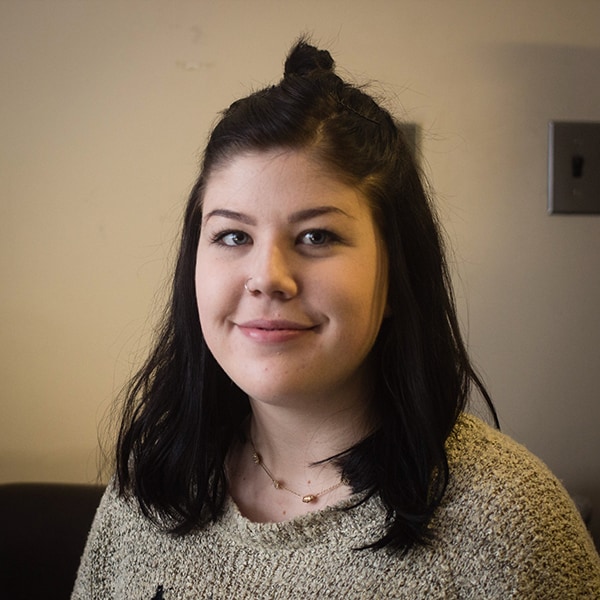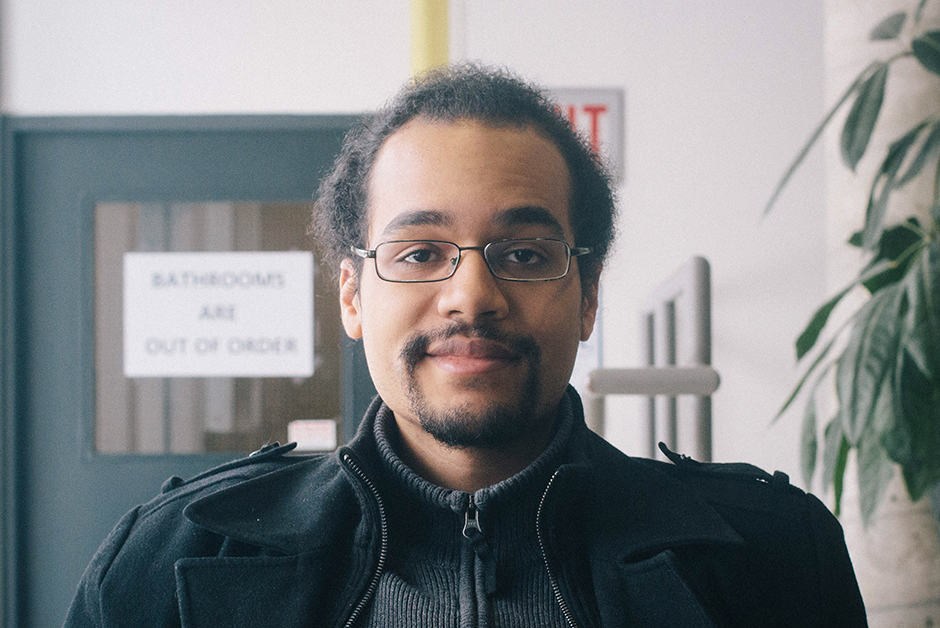In light of growing discussions around consent, sexual violence policy, and education about healthy relationships, The Varsity talked to students and administrators this week about how they would define a positive and healthy relationship.
“You are in a good relationship when you and your partner are willing to go out of your way to help [each] other succeed. Love and being in love can be shown in different ways. Facilitating their success and their life’s goals is one of them.”
— Mary Anne
third-year political science and international relations student
“I’ve heard love described as two people running towards each other in a field of flowers. For me, however, I think it’s more like two people running hand in hand in the same direction. In the first picture, the relationship and the partner are the focus, but in the second, the relationship is helping both people to advance towards their goals and grow together.”
— Linh
second-year student
“Friendship, and no pressure to be anyone but yourself.”
— Julien
fourth-year geography student
“Being able to support each other through different life stages [and] transitions.”
— Andre
third-year Rotman Commerce student
 “Respectfulness and showing one another that you matter.”
“Respectfulness and showing one another that you matter.”
— Daniel
first-year student
 “Probably trust — otherwise it’s not a very healthy relationship. Also a positive attitude toward each other, supporting one another and being encouraging.”
“Probably trust — otherwise it’s not a very healthy relationship. Also a positive attitude toward each other, supporting one another and being encouraging.”
— Lauren
second-year equity studies student
“I’d say communication, when you can do it effectively — the more comfortable you are to express your concerns, the healthier your relationship will be.”
— Vincent
second-year philosophy and political science student
 “In a healthy relationship, you give positive and encouraging feedback to one another. Students are usually in their twenties, and a positive relationship can only help us grow at this time.”
“In a healthy relationship, you give positive and encouraging feedback to one another. Students are usually in their twenties, and a positive relationship can only help us grow at this time.”
— Ivan
second-year engineering student
“A positive relationship is one where you can be free to explore all physical and emotional desires comfortably. It’s important to trust one another and keep an open line of communication, meaning not being afraid to tell your partner if something is lacking for you in the relationship. It’s also important to consciously want to make the other person feel happy and loved.”
— Khrystyna
third-year equity and women and gender studies student
“Maybe I’ll turn things around and talk about healthy sexual relationships instead, and quote Gayle Rubin, who said it best, in “Thinking Sex”: ‘A democratic morality should judge sexual acts by the way partners treat one another, the level of mutual consideration, the presence or absence of coercion, and quantity and quality of the pleasures they provide. Whether sex acts are gay or straight, coupled or in groups, naked or in underwear, commercial or free, with or without video, should not be ethical concerns.’”
— Dr. Scott Rayter
associate director of Mark S. Bonham Centre for Sexual Diversity Studies
“A healthy relationship is one that involves open, honest communication between all people involved and that all parties are aware of and respect the boundaries and wishes of their partners.”
— Rae Costin
public relations coordinator, U of T Sexual Education Centre
 “What comes to mind is understanding and support.”
“What comes to mind is understanding and support.”
— Rowan
second-year Book & Media Studies student


